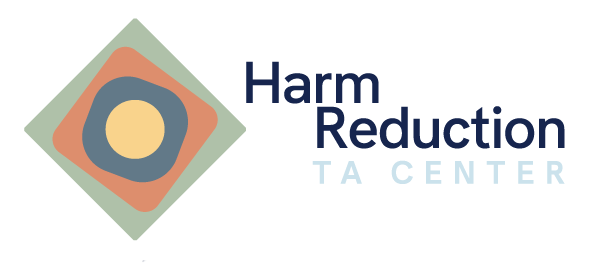The Community Toolbox is “…a free, online resource for those working to build healthier communities and bring about social change.” It is sponsored by the University of Kansas. The Toolbox is an amazing resource and offers a broad array of evidence-based tools on a variety of issues related to nonprofit management including strategic planning, program design, fundraising, and evaluation.
The DIY Toolkit, sponsored by the UK’s Nesta, is a wealth of evidence-based documentation and tool sets that can help organizations with essential tasks such as strategic planning, SWOT analysis, value mapping, and more.
The National Council of Nonprofits keeps an online database of information and analysis useful for traditional nonprofit organizations on issues such as governance, leadership, personnel issues, ethics, and more.
Issue Lab by Candid, formerly the Foundation Center and Guidestar, has an exhaustive array of documentation on nonprofit basics, such as organizational design and governance from many different organizations. It includes hundreds of documents on harm reduction. The Foundation Center Library (under the new name Foundation Directory) and the original Guidestar (which accredits non-profits and helps motivated donors find new causes) still exist.
Non-Profit Quarterly is a venerable institution in the nonprofit sector and has the objective of providing credible, research-based articles for nonprofits about nonprofit management and governance.
Non-Profit AF offers a humorous, down-to-earth, mildly irreverent perspective on all things NPO related. The Center for Nonprofit Excellence is an other excellent resource for learning about traditional nonprofits.
Global Giving is an international nonprofit that allows crowd sourcing of socially beneficially projects around the world. They also maintain a library of information and tools for nonprofits to help with planning, fundraising and engagement.
The Free Management Center offers a broad array of information and resources on organizational development and planning.
501 Commons is a hub for non-profit information including organizational development and fundraising.
Interestingly enough, the National Forest Foundation maintains a large library of “Collaboration Resources” which include documentation on organizational development and strategic planning.
The recently published Ready4Change guide, a collaboration of The Comer Family Foundation, AIDS United’s harm reduction funding initiative and Balanced Imperfection, offers insights specific to syringe service providers on leadership transitions.
Finally, Board Source is aimed at boards and board development; it tends to focus on issues faced by larger organizations.


